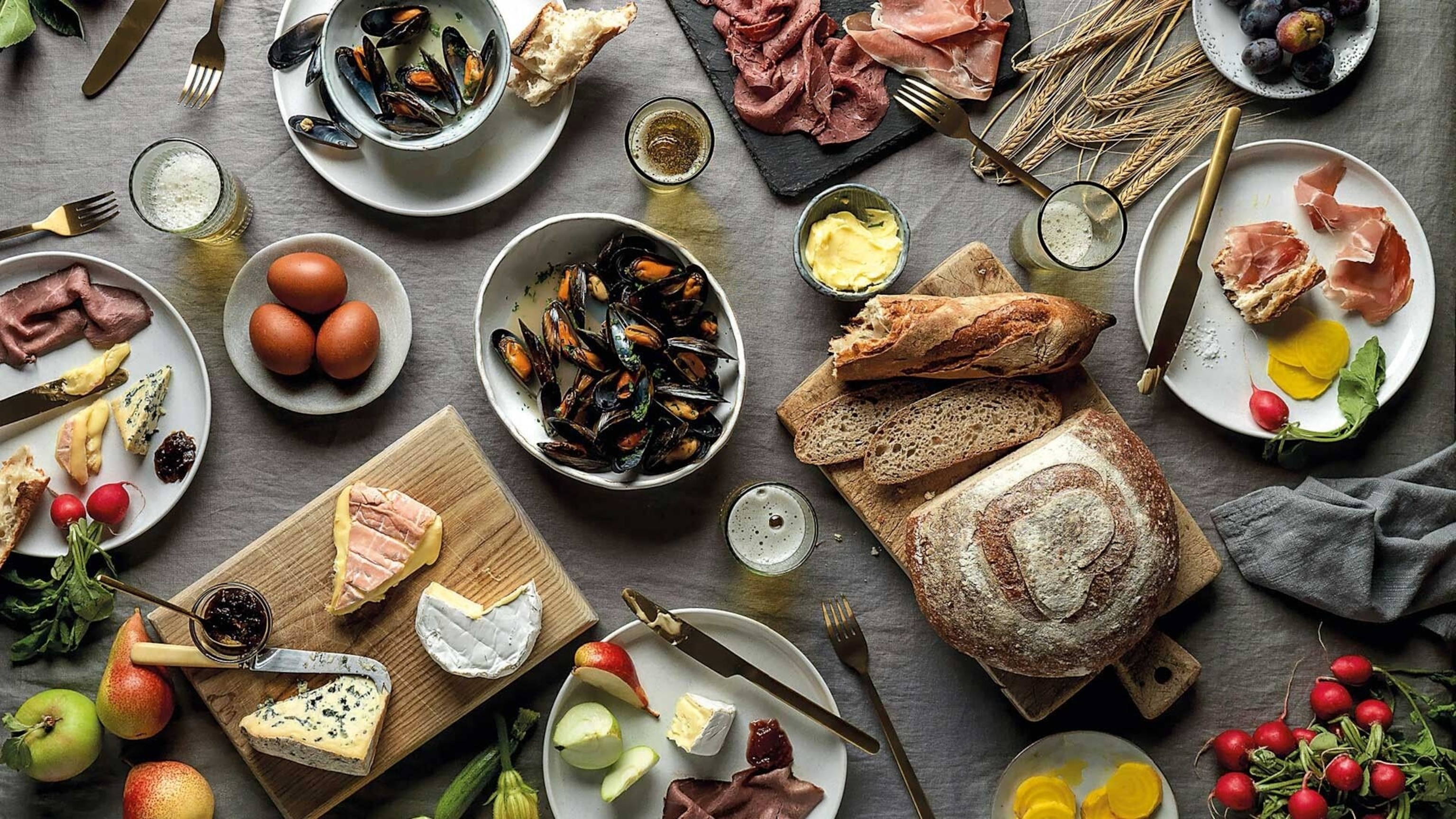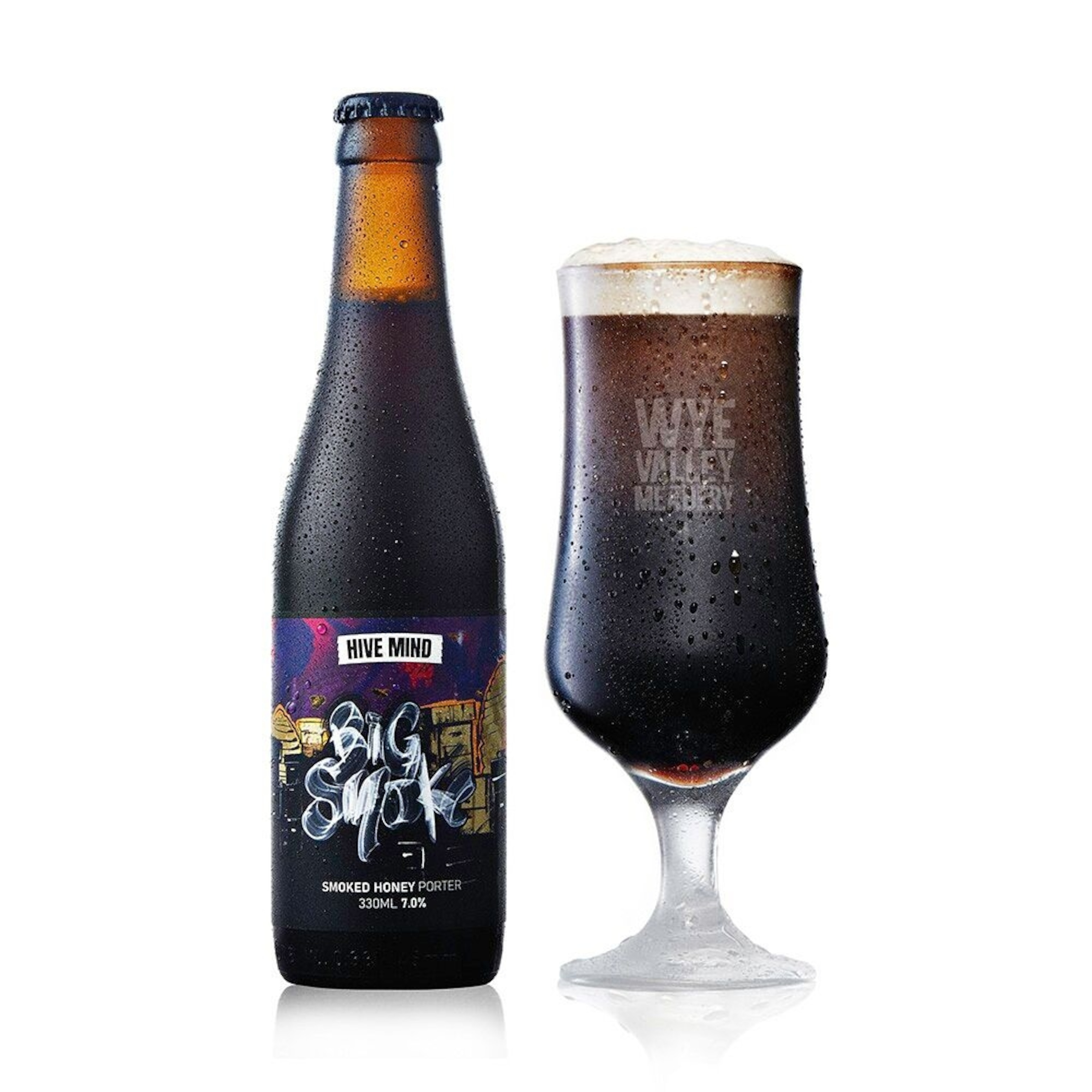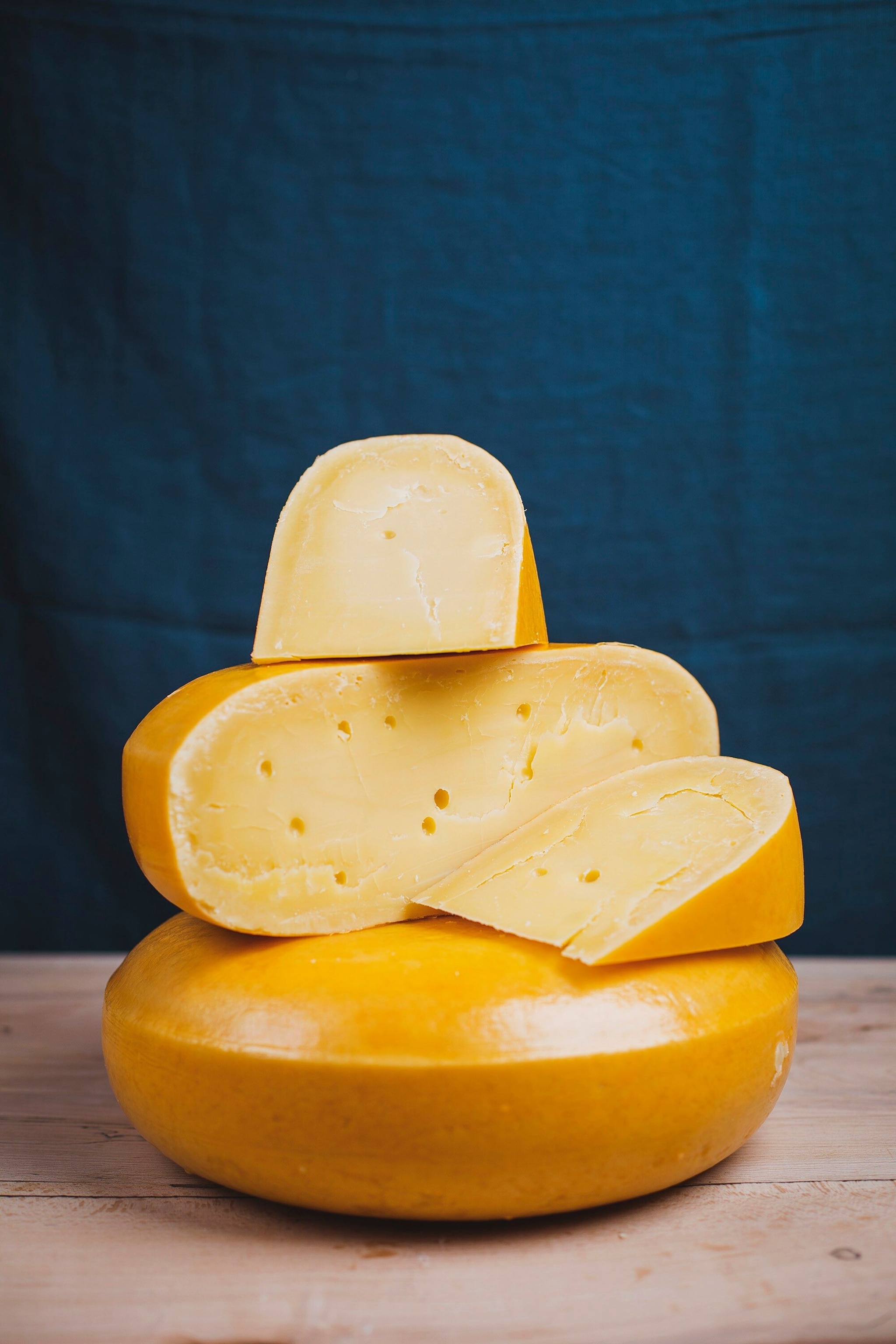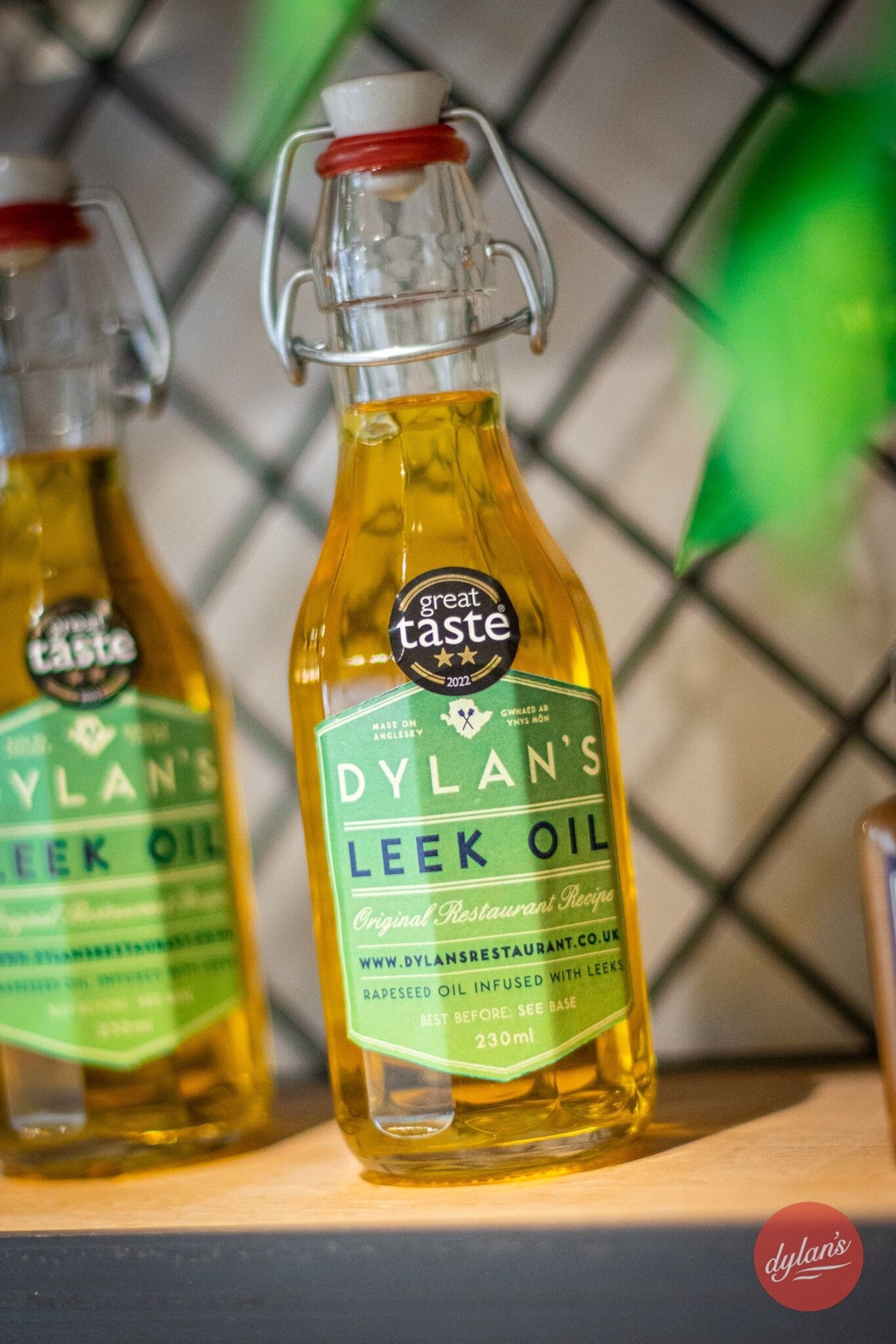
Four local flavours to try on your next visit to Wales
Four local flavours to try on your next visit to Wales. Many travel to Wales for the culinary traditions and old favourites, like Welsh rarebit, laverbread, or salt marsh lamb, but there are plenty of other gastronomic reasons for visiting the Celtic coast.
Wales has a flair for provenance and produce, but it’s also a hotbed of gastronomic experimentation. From artisan cheese to craft beer blends, the country has so many flavours to offer. You’ll find traditional Welsh cuisine in the restaurants and gastropubs, but head to the smaller delicatessens and farm kitchens to discover exciting and new award-winning flavours. Here are four Welsh Great Taste Awards winners and the products worth trying on your next visit.
Hogget mince from Pembrokeshire Lamb
Like so many great food stories, that of Steve and Kara Lewis began over the kitchen table. The couple, who both come from farming families that date back to the 17th century, are now the chief tenants of a 100-acre farm in Treffgarne, Haverfordwest, and own Pembrokeshire Lamb, a company offering gate-to-plate produce. Where west Wales is known for high-welfare, grass-fed lamb, on the couple’s West Ford farm, hogget and mutton are key — especially lean hogget mince, which distils countryside flavours like clover, brassicas and spring grass onto a single plate.
How to try: Order a sustainably sourced hogget meat box online, then serve with BBQ Sauce or Sleeping Dragon smoky spice rub made by The Welsh Saucery — Steve and Kara’s other gourmet adventure. pembrokeshirelamb.co.uk

Hive Mind: Big Smoke — Smoked Honey Porter from Wye Valley Meadery
The story of this Great Taste Awards winner begins out in the hedgerows with honey bees (gwenynen fêl in Welsh) and an idea to modernise the world’s oldest alcoholic drink. Once beekeepers, brothers Kit and Matt Newell are now brewers and their love for the honey produced on their doorstep in the Wye Valley led them to experiment with mead — a drink traditionally consumed in ancient Wales by druids, the priests of the country’s early Celtic religion. The result is Hive Mind, a honey mead brewing specialist, and arguably its most famous product is Big Smoke — Smoked Honey Porter, a sweet, bottle-conditioned ale infused with beechwood-smoked dark malt. It's rich in alcohol, at 7% ABV, and made for campfire nights under the stars while overlooking the River Wye.
How to Try: Post-industrial taprooms are ten-a-penny, but Wye Valley Meadery’s community-spirited bar in Caldicott stands out for its marriage of wood-fired pizza, live music and moreish selection of experimental, from-the-barrel meads, the latest of which include sour cherry, rhubarb and honey an elderflower. wyevalleymeadery.co.uk
Teifi Mature from Caws Teifi Cheese
For artisan cheese, you want to visit Glynhynod Farm in Ceredigion. It’s proof you don’t have to go to cheese capitals such as Cheddar, Gruyères or Gouda to be bowled over. Now self-styled as Wales’s longest-established artisan cheesemaker, Caws Teifi Cheese has provenance and history running through its DNA. A tributary of the nearby River Teifi runs through the farm and the company’s award-winning, organic raw milk cheese is based on a 500-year-old gouda recipe. Bring an empty suitcase because you’ll need plenty of space when shopping for flavoured seaweed, cumin, nettle, oak smoked or sweet pepper Teifi cheese at the farm shop. And to go with that, surely you’ll want a chunk of traditional Welsh Caerphilly, too?
How to Try: Tastings are held regularly in the cheesemaker’s 17th-century gallery. Otherwise, visit the farm shop, where the standout Teifi flies off the shelves. teificheese.co.uk


Leek Oil from Dylan’s Restaurant
Once a rather overlooked part of the country, the wave-lapped north coast has undergone a culinary sea change of late and this is partially the result of what’s been created by business partners Robin Hodgson and David Evans, who’s youngest son Dylan is the namesake of his father’s restaurants. Homegrown cuisine defines the character of the pair’s zero-fuss restaurants (feather blade of Welsh beef and Celtic water mussels are menu staples, for instance), but it’s the wild sea bass fillet, with Dylan’s award-winning leek oil, that’s your shortcut to top-notch Welsh cuisine. Of course, you can also ask for it to be drizzled on your locally sourced seafood chowder, or mussel, prawn and crab linguine, too.
How to Try: Dylan’s has a range of Anglesey-made sauces and condiments on offer at its restaurant shops and website — at home, sprinkle a little over Welsh rarebit or drizzle over a crisp salad. dylansrestaurant.co.uk
Plan your trip
For more information on how to explore Wales's culinary offerings, visit gov.wales/foodanddrinkwales
Follow National Geographic Traveller (UK) on social media